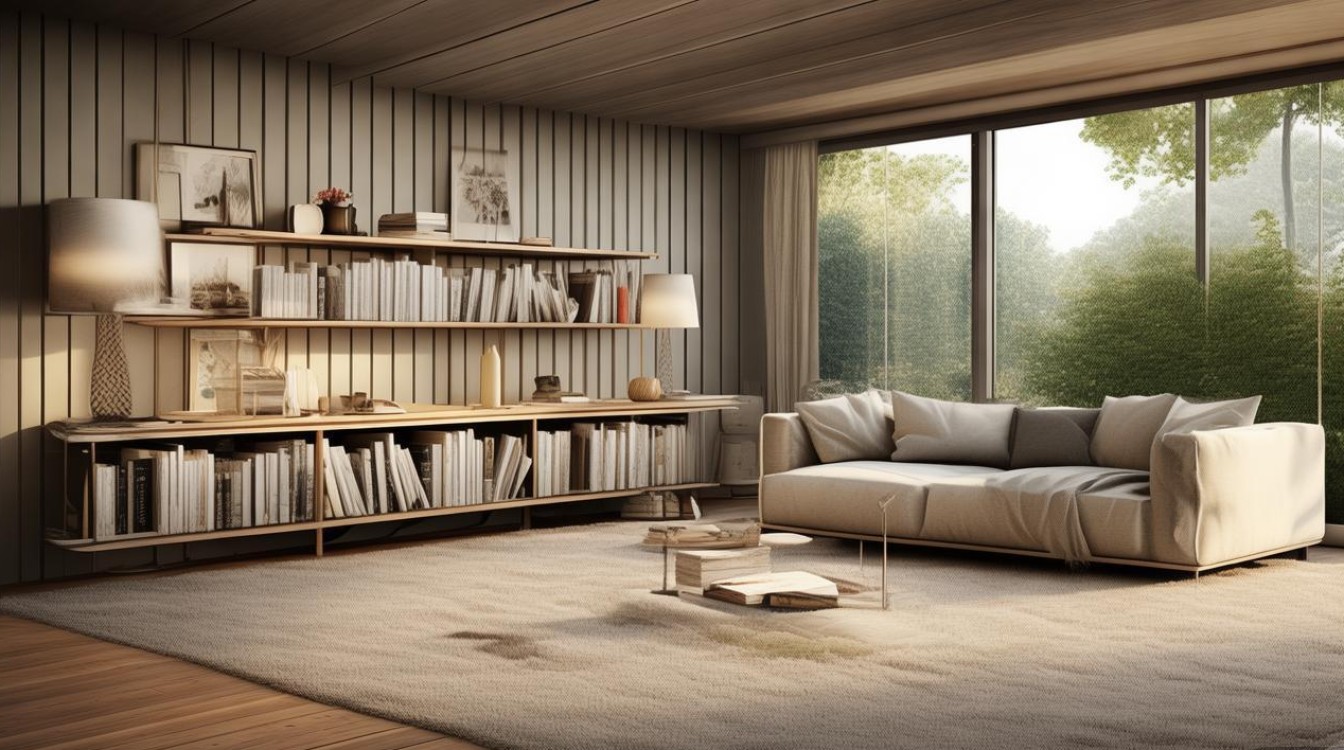雅思口语中,“living place”是一个高频话题,它不仅考察考生对居住环境的描述能力,还涉及个人感受、生活方式及未来规划的延伸,以下从多个维度展开分析,帮助考生更全面地应对相关题目。

基础描述:我的居住环境
在回答“Where do you live?”时,需涵盖居住类型、位置、周边设施及基本特征,若住在城市公寓,可描述为:“I currently live in a two-bedroom apartment located in the downtown area of Shanghai. It’s on the 12th floor of a 20-story building, with a balcony that offers a partial view of the Huangpu River. The neighborhood is bustling yet convenient, with a subway station just a 5-minute walk away, several supermarkets, and plenty of restaurants nearby.”
若住在乡村或小镇,则可突出自然环境和社区氛围:“I come from a small town in Zhejiang Province, where my family lives in a traditional two-story house with a small garden. The town is surrounded by rice fields and hills, so the air is always fresh. Most residents here know each other, creating a strong sense of community.”
关键要素:居住类型(apartment/house/villa)、位置(downtown/suburban/rural)、楼层、朝向、周边配套(交通、商业、自然景观)。
个人感受:居住体验与偏好
考官常会询问“Do you like your living place?”或“What do you like about it?”,此时需结合具体细节表达情感,并给出理由。
正面感受:“What I love most about my apartment is the natural light. The large windows in the living room let in sunlight all day, making the space feel warm and airy. Additionally, the neighborhood is quiet despite being close to the city center, which helps me focus on work and relax after a busy day.”
可改进之处:“If I could make one change, it would be to have a bigger kitchen. Currently, it’s a bit small, so cooking for friends can be challenging. But overall, I’m quite satisfied with my living environment.”
表达技巧:使用具体细节(如采光、空间大小)支撑观点,避免笼统的“good”或“nice”;可提及个人需求与居住环境的匹配度(如“适合独居”“适合家庭”)。
对比与变化:过去与现在涉及“Is your current place different from where you lived in the past?”,可通过对比突出变化。
“Back in college, I lived in a dormitory with three roommates. It was fun but lacked privacy, and we had to share bathrooms and a small kitchen. Now, living alone in an apartment gives me more independence—I can decorate it as I like and manage my time without disturbing others. The only downside is that I sometimes miss the lively atmosphere of dorm life.”
对比维度:居住类型(dorm vs. apartment)、空间大小、隐私性、配套设施、社交氛围。
未来规划:理想的居住环境
对于“Describe the place you would like to live in the future”,需结合个人愿景展开。
ideally, I’d like to live in a house with a garden in the suburbs. It would have at least three bedrooms, a study where I can read and work, and a backyard where I can grow vegetables or relax with my dog. The area should be quiet but not too remote—maybe a 30-minute drive from the city, with good schools and hospitals nearby. I value both nature and convenience, so a balance of the two would be perfect.”
规划重点:居住类型(house/apartment)、空间需求(房间数量、特殊区域如花园/书房)、地理位置(城市/郊区)、周边配套、生活方式(如亲近自然、安静独处)。
实用表达与词汇积累
| 类别 | 常用表达 |
|---|---|
| 居住类型 | apartment, studio flat, villa, detached house, townhouse, dormitory, cottage |
| 位置特征 | downtown, suburban, rural, waterfront, downtown, outskirts, central |
| 空间描述 | spacious, cozy, cramped, well-lit, airy, minimalist, cluttered |
| 周边设施 | subway station, bus stop, supermarket, park, gym, restaurant, library |
| 感受与偏好 | I’m fond of..., I enjoy..., It’s convenient for..., I wish it had... |
FAQs
Q1: 如何在口语中避免重复描述“living place”?
A1: 可通过多角度切换避免重复,不仅描述物理空间(大小、家具),还可提及生活场景(“I often read on my balcony at sunset”)、社区互动(“My neighbors and I sometimes organize weekend barbecues”)或情感联结(“This place feels like home because it’s where I’ve made many memories”),替换词汇(如用“residence”代替“place”,用“neighborhood”代替“area”)也能提升表达的丰富性。
Q2: 当被问及“是否想搬家”时,如何给出有逻辑的回答?
A2: 建议采用“观点+理由+补充”结构。“Yes, I’ve thought about moving to a larger apartment. Currently, I live alone, and when my family visits, they have to sleep on the couch. A bigger place would have a guest room. However, I don’t plan to move soon because I really like my neighborhood—it’s close to my workplace and has great coffee shops. Maybe in a couple of years, when I save enough money, I’ll consider it.” 这种回答既展示了逻辑性,又体现了对当前居住环境的认可。











